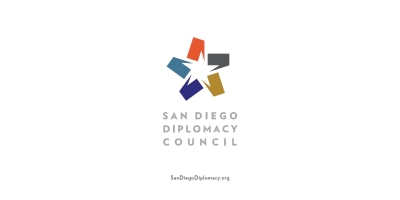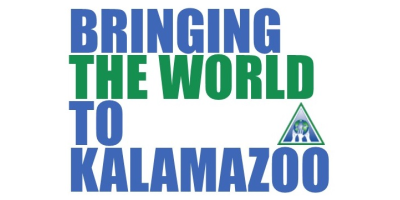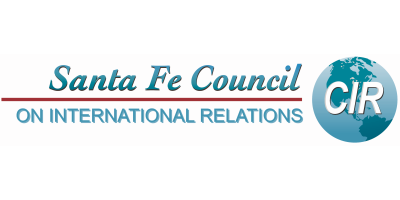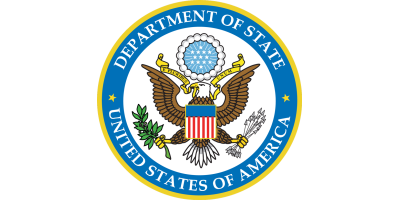Sustainable Housing and Smart Cities | A Project for New Zealand
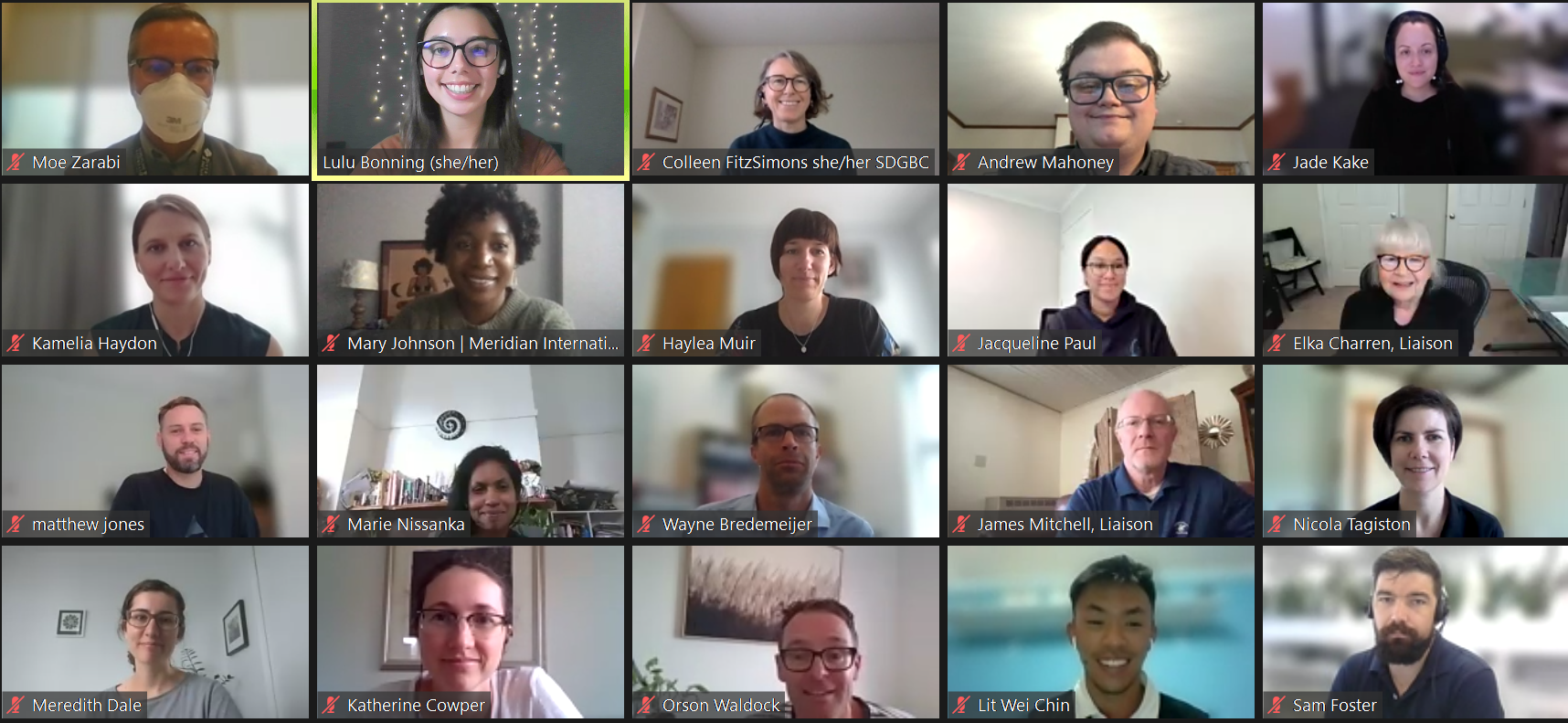
This virtual project, organized by Meridian International Center and the State Department, examined financial mechanisms and challenges to both housing and infrastructure policies to the development and sustainability of affordable housing.
The 17 participants shared professional backgrounds in urban planning and landscape architecture, with emphasis on housing policies, funding, and designs that sustain community needs - specifically within Maori populations throughout New Zealand. The effects of climate change, notably the need for more dry housing and energy-efficient homes, were also of common interest to the participants on this project.
Participants began in Washington, DC and virtually visited Kalamazoo, Michigan; Denver, Colorado; Santa Fe, New Mexico; San Diego, California; and San Francisco, California. Meetings in Kalamazoo and Denver with members of the City of Kalamazoo’s Civil Rights Board and Housing Colorado highlighted trends of pricing out, out-of-state developers, and accountability for development outcomes, phoenixing older properties into newer ones, and the effects of climate change on housing in underserved and overlooked communities. The Santa Clara Pueblo Housing Authority, City of Santa Fe’s Office of Affordable Housing, and San Diego Green Building Council exposed participants to examples of mixed-income and Indigenous community-exclusive housing, different approaches to long-term local and state sustainability and energy efficiency plans, and how federal funding is both dispersed and impacts local development endeavors. A brief visit with remarks from recently sworn-in U.S. Ambassador to New Zealand and Samoa Thomas Udall was a highlight for the participants.
The project’s concluding meeting in San Francisco with the University of California Berkeley’s Othering and Belonging Institute highlighted the history of housing discrimination and racial wealth gap disparities that contribute to homeownership or lack thereof, reinforcing this takeaway from the project: sustainable, affordable housing is a critical piece of one’s livelihood and has an important impact on the behavioral economics of communities.
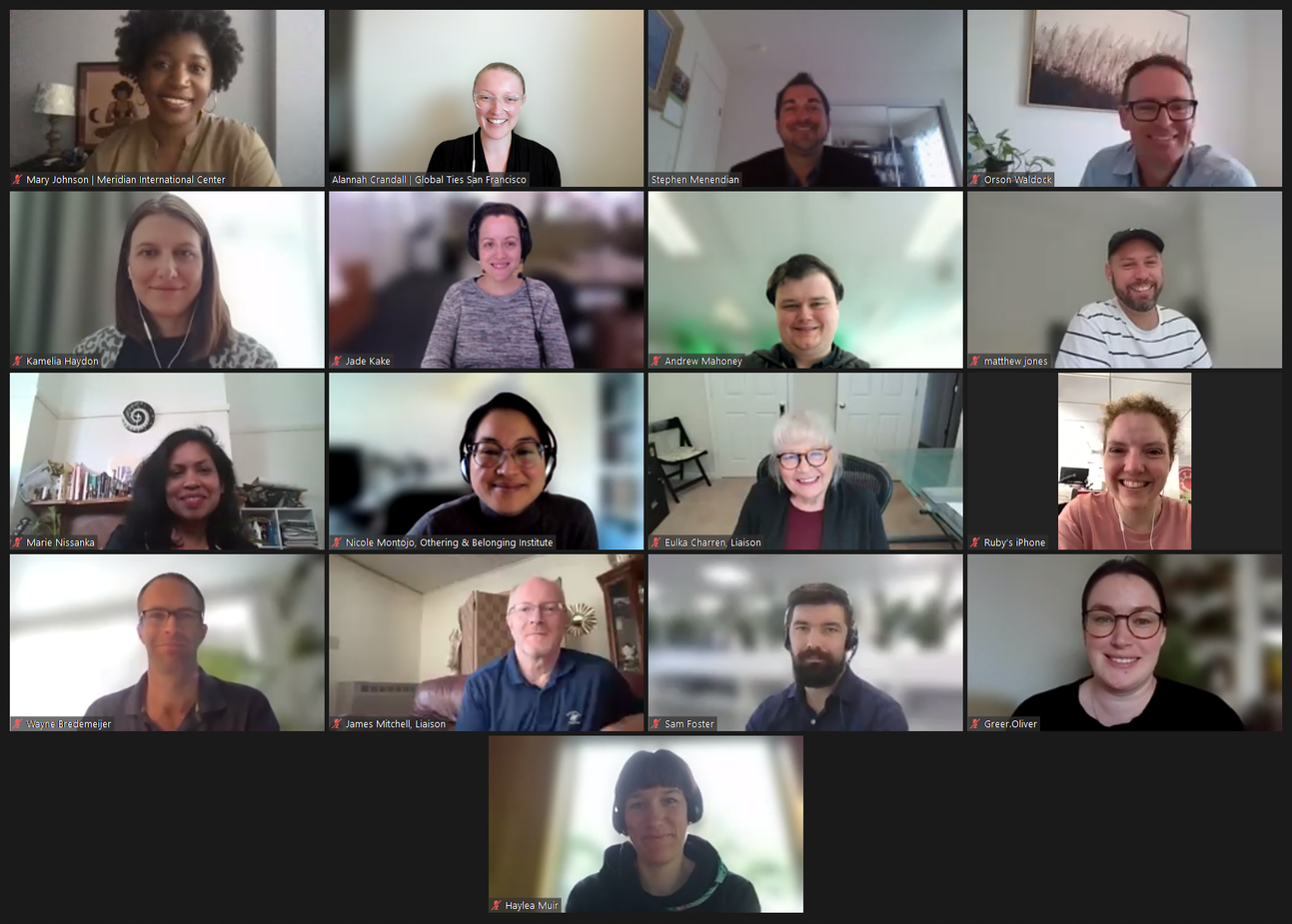
Sponsors & Partnerships
Project summary
| Sustainable Housing and Smart Cities | A Project for New Zealand | |
|---|---|
| Number of Visitors: | 17 |
| Regions: | East Asia and Pacific |
| Countries: | New Zealand |
| Impact Areas: | Energy and the Environment, Human and Civil Rights |
| Program Areas: | Global Leadership |
